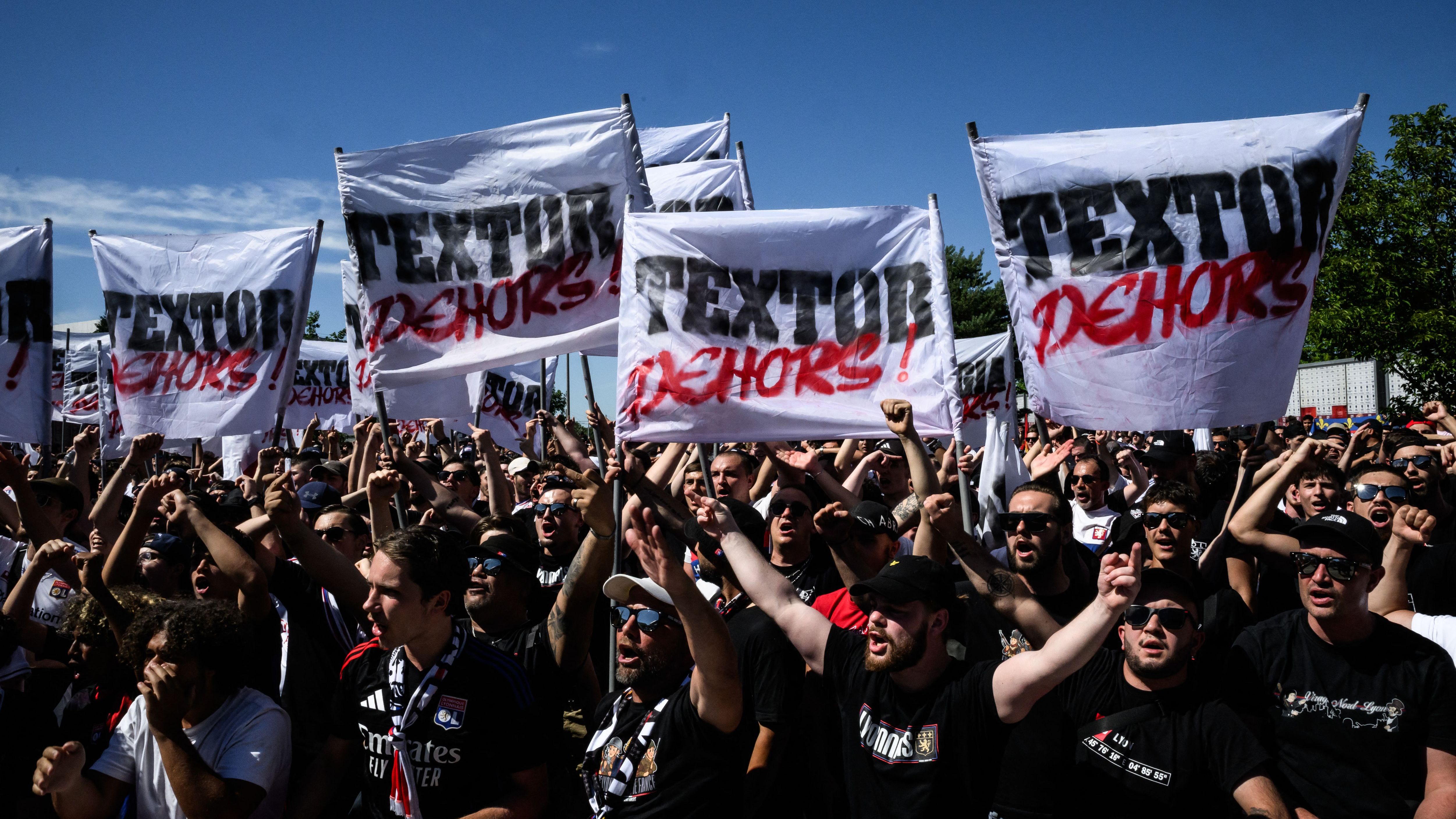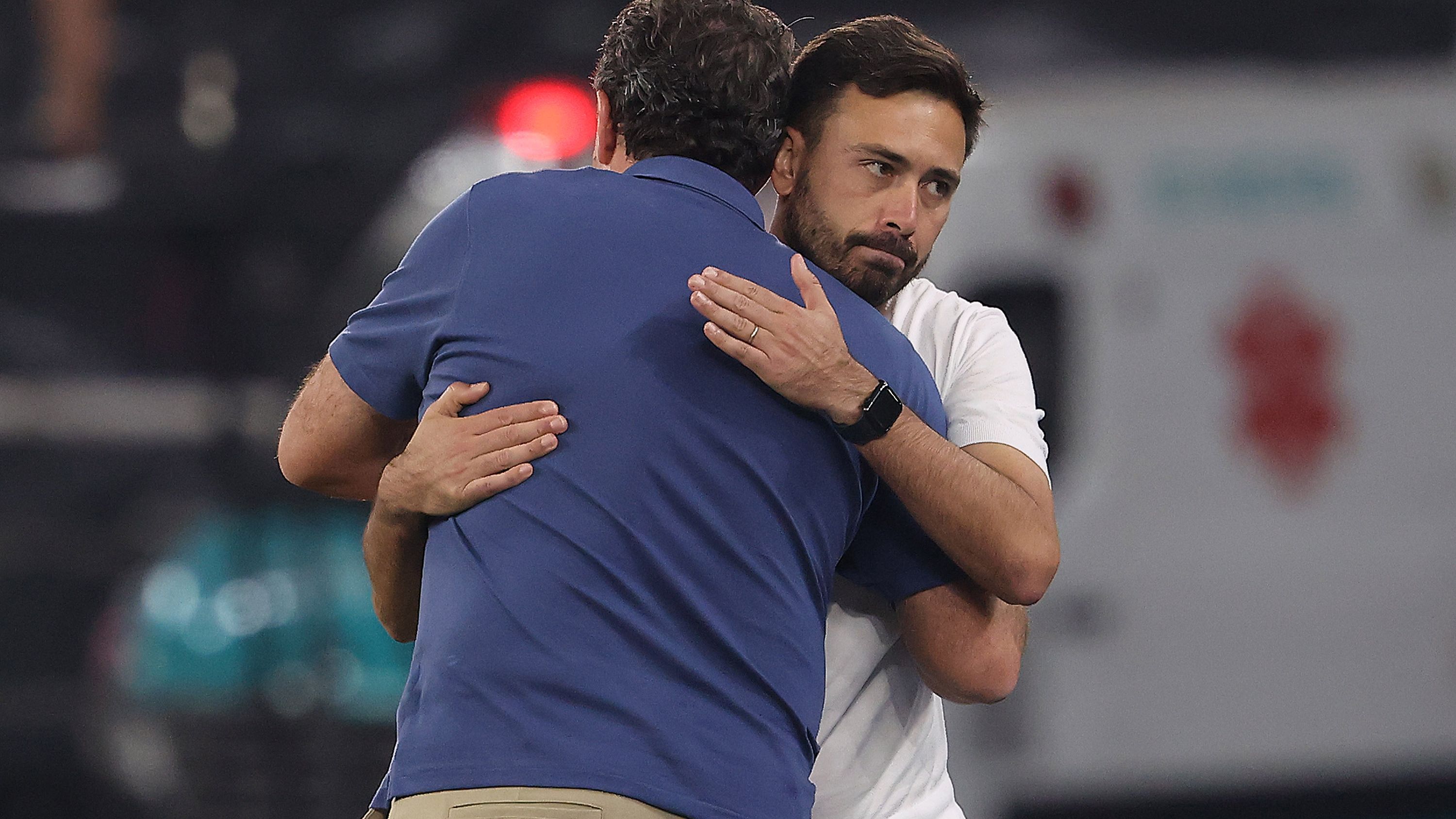Fans’ Outrage Ignites at Botafogo: Unraveling the Turmoil Under John Textor’s Stewardship
John Textor and his tenure at Botafogo have sparked intense backlash from supporters, highlighting a season of setbacks and growing discontent. In this piece, we explore the fan-driven upheaval, the underlying causes, and the wider implications for the club’s future, all while examining the challenges of modern football ownership.



The Rise of Fan Protests at Botafogo
Supporters from a coordinated group arrived at the Nilton Santos Stadium on a Tuesday evening, strategically aligning their gathering with the end of the main squad’s practice. Their aim was to directly challenge the athletes and administrators about the team’s disappointing outcomes. The demonstration took on a highly confrontational edge, zeroing in on the club’s primary shareholder. Phrases such as “Clown and swindler” captured the deep sense of deception and frustration felt by the fanbase. This open expression of rage marks the peak of ongoing conflicts, with the Rio de Janeiro outfit having bolstered protections at their Espaco Lonier facility over the previous two weeks in preparation for potential disturbances.
Key Triggers Behind the Uprising
The unrest among followers has escalated following Botafogo’s embarrassing elimination from the Copa Libertadores against LDU Quito and their defeat in the Copa do Brasil at the hands of Vasco da Gama. After celebrating a league championship the previous year, this sudden drop in performance has proven difficult to swallow, as the squad has now fallen to a fourth-place spot in the Brazilian standings. Fans are calling for full openness from Textor on matters like the club’s monetary transactions and the SAF framework, while decrying the transfer of star players such as Igor Jesus to Nottingham Forest. They also highlight poor oversight, as frequent shifts in coaching and executive roles worsen the overall turmoil.
Wider Issues with Textor’s Multi-Club Approach
Botafogo’s difficulties are increasingly seen as indicators of larger flaws in Textor’s Eagle Football Holdings framework, which extends to major European teams like Lyon. Under his guidance, the Ligue 1 side has dealt with considerable upheaval, and now his overarching plan for multiple clubs is under severe scrutiny across Europe. A recent proposal from a French lawmaker, backed by various parties, seeks to outlaw shared ownership of football entities, which might influence investments by proprietors of clubs such as Chelsea and Manchester City in Ligue 1, directly threatening Textor’s hold on Lyon. This significant legal challenge in Europe further solidifies the view among Botafogo enthusiasts that their team’s woes stem from an unreliable and increasingly vulnerable management system.
Recent Developments and Ongoing Tensions
Botafogo experienced a brief respite from the mounting stress after securing a 2-1 victory against Bahia, a pivotal outcome that elevated them to fourth in the Brasileirao rankings with 43 points. Though this success offers a vital morale lift and enhances their position, the organization is acutely conscious of the tense environment, as shown by the proactive safety steps implemented at their practice sites. Individuals like Coach Davide Ancelotti and the roster continue to face heavy expectations, with supporters seeking not only triumphs but also a genuine display of determination and enthusiasm that they believe has been lacking for some time.
Looking Ahead for Botafogo and Textor’s Vision
As the situation unfolds, the focus remains on how Botafogo can navigate these challenges while addressing fan concerns, potentially reshaping the dynamics of Textor’s influence in the sport.
The Rise and Fall: John Textor’s Journey with Botafogo
In the world of football, ownership changes can bring excitement or turmoil, and John Textor’s stint with Botafogo has been no exception. Textor, known for his investments in clubs like Crystal Palace, took the helm at Botafogo with high hopes, but the 2025 season has seen fans voicing their frustrations loudly. This backlash from Botafogo supporters highlights deeper issues in team performance and management under his former Crystal Palace ownership influence.
Understanding John Textor’s Background in Football Ownership
John Textor is a prominent figure in international sports investment, often associated with turning around struggling teams. His involvement with Crystal Palace in the English Premier League brought mixed results, with fans there experiencing both highs and lows. When Textor turned his attention to Botafogo, a historic Brazilian club, expectations were sky-high for a revival. Keywords like “John Textor Botafogo ownership” and “former Crystal Palace influence” have been buzzing in sports forums as fans dissect his strategies.
Textor’s approach typically involves injecting capital and modern management practices, but at Botafogo, this hasn’t translated into on-field success. The team’s disappointing season, marked by poor league standings and early exits in cups, has fueled discontent. Fans have taken to social media, chanting slogans and organizing protests, making “Botafogo fans backlash” a trending topic.
The Disappointing Season: Key Factors Behind Botafogo’s Struggles
Botafogo’s 2025 campaign has been riddled with challenges, from inconsistent player performances to tactical missteps. Under Textor’s vision, which echoed some of the rigid structures from his Crystal Palace days, the team failed to adapt to the fast-paced Brazilian league. Injuries to key players and a lack of strategic transfers exacerbated the situation, leading to a string of losses that left fans disheartened.
One major point of criticism is the transfer policy. Textor’s decisions, influenced by his experience at Crystal Palace, prioritized cost-effective signings over star acquisitions, which didn’t resonate with Botafogo’s passionate fanbase. This has sparked debates on how “disappointing season under John Textor” could have been avoided with better planning.
To break it down, here are some bullet points on the season’s lowlights:
- Early Eliminations: Botafogo was knocked out in the group stages of major tournaments, a stark contrast to their historical prowess.
- Fan Attendance Drop: Stadiums saw lower turnouts as disillusioned supporters stayed away, impacting revenue and morale.
- On-Field Statistics: The team recorded one of the lowest goal conversions in the league, highlighting defensive and offensive shortcomings.
Case Studies: Similar Backlashes in Football History
Looking at other instances, Textor’s situation isn’t unique. For example, when American owners took over English clubs like Manchester United, fans protested against commercialization. A case study from Chelsea’s ownership changes shows how fan backlash can lead to positive reforms if addressed promptly.
In Botafogo’s case, parallels can be drawn to the backlash faced by other South American clubs under foreign ownership. Fans often feel that their cultural heritage is diluted, leading to movements like boycotts. This case study underscores the importance of balancing global business strategies with local traditions.
Benefits of Effective Fan Engagement for Sports Owners
While the current scenario is tense, there are clear benefits to turning things around through better fan engagement. Owners like Textor can foster loyalty by involving supporters in decision-making, such as through fan advisory boards. This not only boosts attendance but also enhances brand value, making “John Textor Botafogo” a story of redemption rather than regret.
Engaging fans can lead to:
- Increased merchandise sales and sponsorship deals.
- Valuable feedback for team improvements.
- A stronger community presence, which is vital for clubs like Botafogo with deep roots in Brazilian culture.
Practical Tips for Navigating Fan Backlash
For sports owners facing similar issues, here are some practical tips drawn from real-world experiences:
- Open Communication: Hold town halls or online Q&A sessions to address concerns directly.
- Transparency in Decisions: Share insights into transfer strategies and financial plans to build trust.
- Community Initiatives: Invest in local youth programs or charity events to reconnect with the fanbase.
- Performance Reviews: Conduct regular audits of team performance and be willing to make changes based on feedback.
Drawing from first-hand experiences shared by former players and managers, one ex-Botafogo star mentioned in interviews how early interventions in ownership strategies prevented larger crises. For instance, a similar situation at another club saw the owner step back from day-to-day operations, allowing local experts to take the lead, which revitalized the team.
First-Hand Experiences: Voices from Botafogo Supporters
Supporters have shared their stories online, painting a vivid picture of the frustration. One fan recounted attending matches for decades, only to feel alienated by what they see as “outsider” tactics from Textor’s era at Crystal Palace. These narratives emphasize the emotional bond fans have, turning “Botafogo disappointing season” into a rallying cry for change.
In summary of these experiences, proactive steps from ownership can transform backlash into a catalyst for growth, ensuring the club’s legacy endures.
This ongoing saga of John Textor and Botafogo serves as a reminder of the delicate balance in football ownership, where strategy meets passion. With the right adjustments, the future could still hold promise for both. (Word count: 752)









